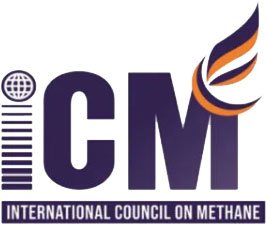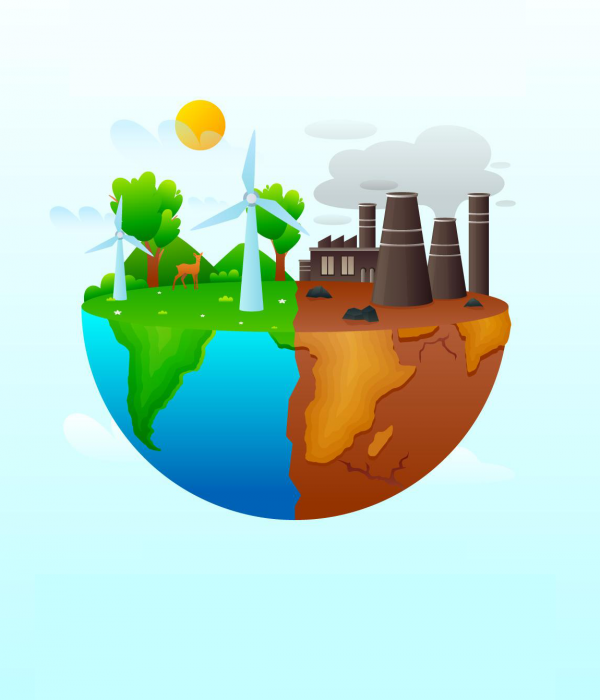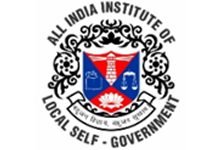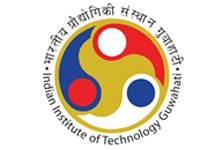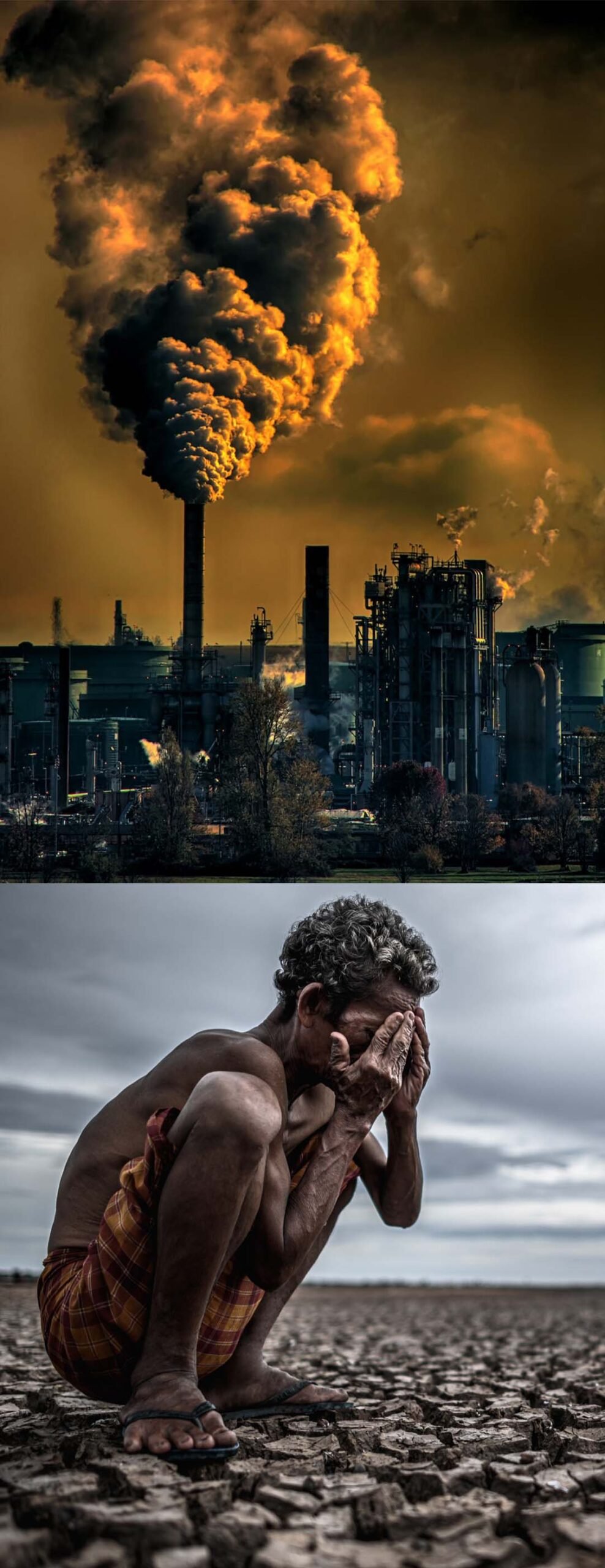
Of all GHGs, methane has important implications for climate change, particularly in the near term. It has a much shorter atmospheric lifetime than CO2 and contributes about one-third of the current anthropogenic GHG-driven warming. With action on climate change becoming increasingly time sensitive, limiting methane offers an important opportunity to achieve rapid results along with other GHGs.
There are many sources of methane such as oil & gas, agriculture, waste, transport, livestocks etc. It is important to address its emission from an angle of its real needs and global commitment which India has. In the context of national food security, trade and economic prospects, the methane emissions are ‘survival’ emissions and not luxury emissions as many times, it is posed as the main possible reasons of global warming potential.
The global action in GHG emission has witnessed many India specific leaderships which has witnessed largest solar installations, impetus on green hydrogen to name a few. The Government of India has also shown its leadership through different initiatives to reduce methane emissions such as (but not limited to):
- ‘The Gobar (Galvanizing Organic Bio-Agro Resources) – Dhan’ scheme and New National Biogas and Organic Manure Programme, cattle waste utilisation is being incentivised, in addition to production of clean energy in villages. The Gobardhan scheme supports biodegradable waste recovery and conversion of waste into resources and reduction of GHG emissions.
- National Livestock Mission – includes Breed Improvement and Balanced Rationing. Feeding livestock with superior quality balanced ration is helping to reduce GHG emissions from the livestock.
- System for Rice Intensification – with potential to enhance rice yield from 36-49% with about 22-35% less water than conventional transplanted rice leading to reduced GHG emission per unit production.
- Crop Diversification Programme –Diversion of paddy to alternate crops like pulses, oilseeds, maize, cotton and agroforestry has reduced methane emissions.
- A total of 216 WtE plants with aggregate capacity of 370.45 MWeq have been set up in the country to generate power or biogas/biomethane or Bio-CNG from agricultural, urban, industrial and municipal solid wastes.
- Ministry of Housing and Urban Affairs (MoHUA) is implementing Swachh Bharat Mission – Urban. The Mission along with promulgation of Solid Waste Management Rules, 2016, Construction & Demolition (C&D) Waste Rules, 2016, Plastic Waste Management Rules, 2016 and various policy interventions by MoHUA encourages conversion of waste to value added products viz. waste to energy, electricity etc. In 2021, the Mission has resulted in GHG reduction of 231 Gigagram per year.



